
Copernical Team
Satellite built as low-cost way to reduce space junk reenters atmosphere years early
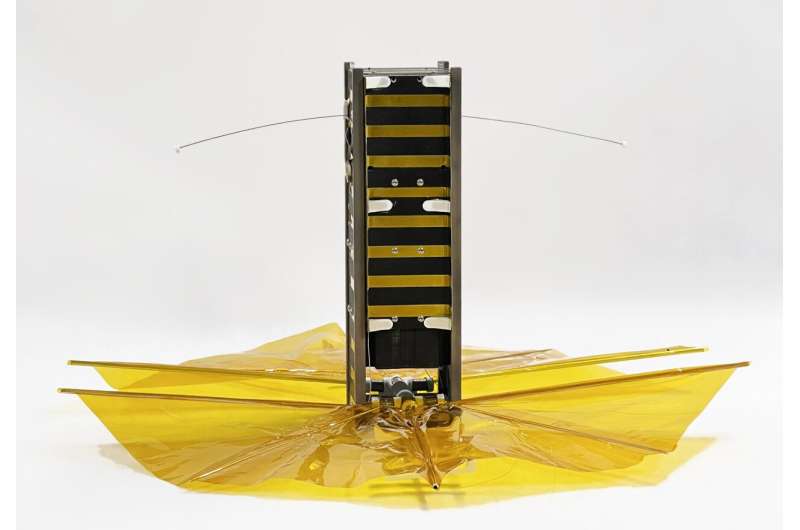
SBUDNIC, built by an academically diverse team of students, was confirmed to have successfully reentered Earth's atmosphere in August, demonstrating a practical, low-cost method to cut down on space debris.
When it comes to space satellites, getting the math wrong can be catastrophic for an object in orbit, potentially leading to its abrupt or fiery demise. In this case, however, the fiery end was cause for celebration.
About five years ahead of schedule, a small cube satellite designed and built by Brown University students to demonstrate a practical, low-cost method to cut down on space debris reentered Earth's atmosphere sometime on Tuesday, Aug.
Launch of 4 astronauts to space station bumped to Saturday
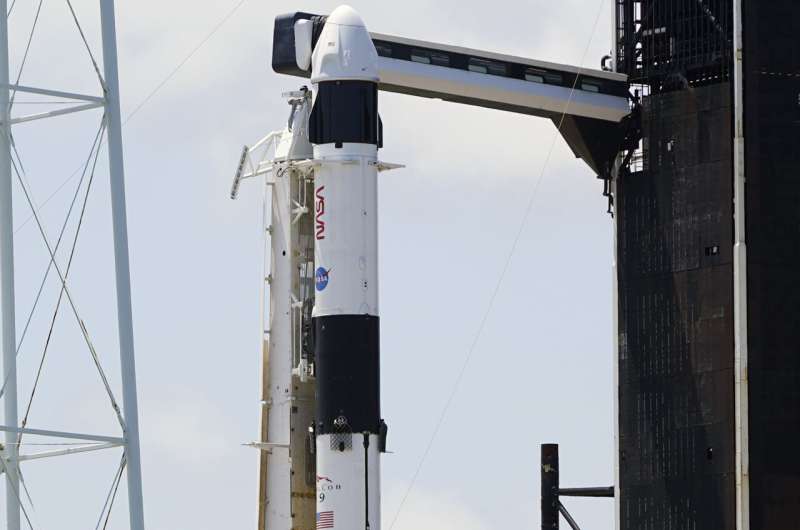
NASA and SpaceX halted the countdown late Thursday for the launch of four astronauts to the International Space Station.
Mission managers rescheduled the liftoff for early Saturday morning, giving them an extra 24 hours to close out lingering issues, officials said. Nearly ideal weather was expected.
The four astronauts, representing four countries, had not yet headed to the SpaceX Falcon rocket awaiting them on the pad.
They are expected to spend six months at the space station, replacing four astronauts who have been there for half a year.
Proba-3 satellite: Seeing in the dark
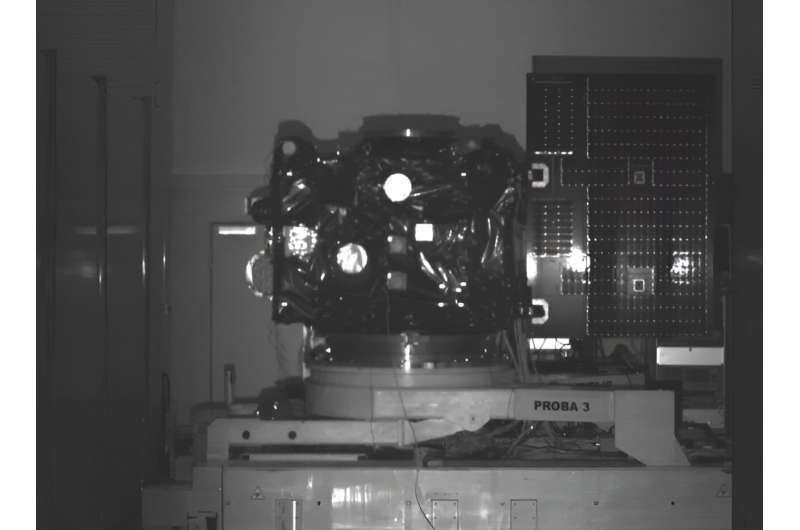
One of the precision formation flying Proba-3 satellites as seen from the other during ground testing. The pair will fly in orbit relative to one another down to millimeter scale precision, but in order to do this must keep continuous track of each other in both sunlight and darkness.
To achieve this, Proba-3 combines vision-based detection, as tested here, with radio frequency links, satellite navigation and laser ranging.
The Visual-Based Sensor will be used when the satellites are closer than 250 m to each other. LEDs aboard Proba-3's Coronagraph satellite—seen in the animation below—will be detected by a set of cameras on the other Occulter satellite, appearing as pattens of light in the dark.
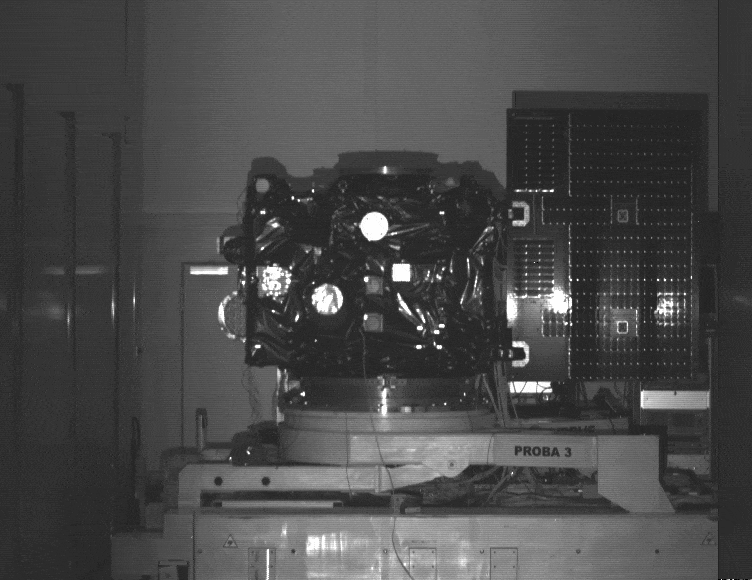
Finally, for maximum precision, the Occulter will shine a laser at a retro-reflector mounted on the Coronagraph satellite.
Proba-3 will demonstrate formation flying in the context of a large-scale science experiment. The two satellites will together form a 144-m long solar coronagraph to study the sun's faint corona closer to the solar rim than has ever before been achieved.
JAXA, NASA XRISM Mission ready for liftoff
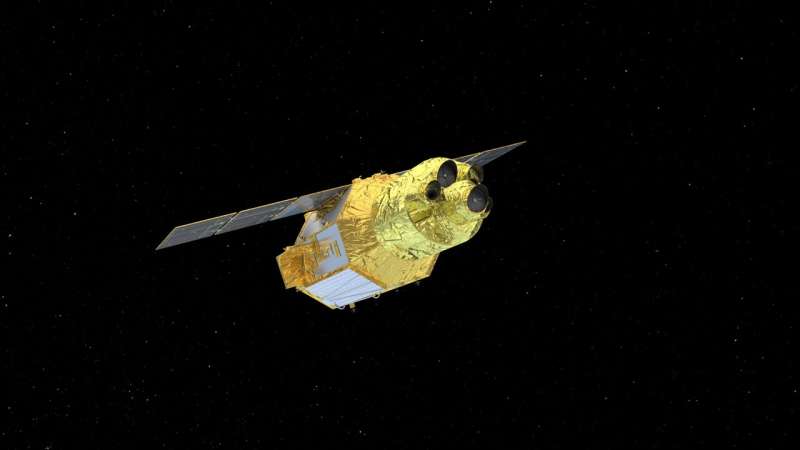
A powerful satellite called XRISM (X-ray Imaging and Spectroscopy Mission) is set to provide astronomers with a revolutionary look at the X-ray sky.
XRISM, led by JAXA (Japan Aerospace Exploration Agency) in collaboration with NASA and with contributions from ESA (European Space Agency), is scheduled to launch on an H-IIA rocket from Japan's Tanegashima Space Center at 8:26 p.m. EDT on Sunday, Aug. 27 (9:26 a.m. on Monday, Aug. 28, in Japan). JAXA will stream the launch live on YouTube, with a broadcast in both English and Japanese starting at 7:55 p.m. EDT.
"Some of the things we hope to study with XRISM include the aftermath of stellar explosions and near-light-speed particle jets launched by supermassive black holes in the centers of galaxies," said Richard Kelley, NASA's XRISM principal investigator at NASA's Goddard Space Flight Center in Greenbelt, Maryland.
NASA and SpaceX re-attempt launch of four crew to ISS
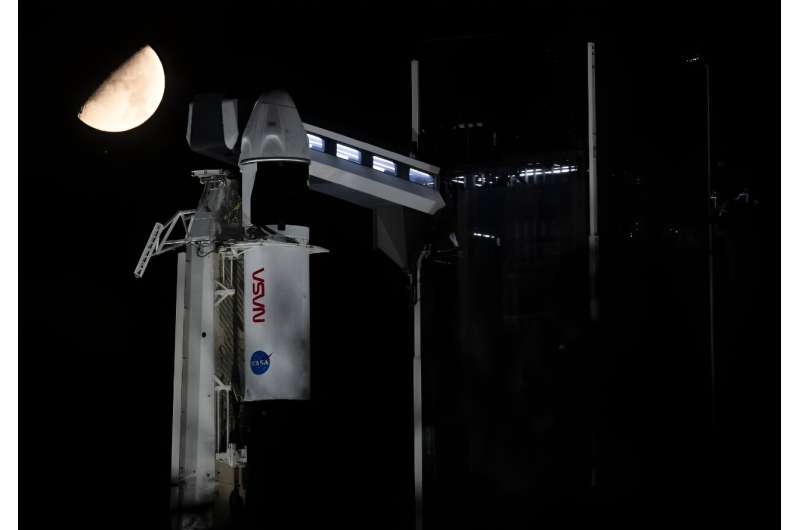
NASA and SpaceX will try again on Saturday to send the next crew of four astronauts to the International Space Station.
Dubbed Crew-7, the mission will be commanded by American Jasmin Moghbeli and includes Andreas Mogensen of Denmark, Satoshi Furukawa of Japan and Konstantin Borisov of Russia.
Liftoff is planned for 3:27 am (0727 GMT) from Launch Complex 39A at NASA's Kennedy Space Center in Florida, with a backup opportunity on Sunday.
The launch was pushed back to Saturday to give engineers an extra day to review a component of the Crew Dragon capsule's environmental control and life support system, NASA said in a blog post.
India first to land near moon south pole after Russia fails

India became the first country to land a spacecraft near the moon's south pole after Russia's attempt at a lunar touch down in the same area ended in failure following an engine malfunction.
Chandrayaan-3—India's spacecraft that launched last month—achieved a soft landing at 6:04 p.m. local time on Wednesday, after Russia's Luna-25 crashed into the moon on Sunday. A rover, named Pragyan, or wisdom, is set to analyze the chemical makeup of the moon's surface and search for water over the course of one lunar day, which is equivalent to 14 days on Earth.
India is the second country, along with China, to have an operating rover on the moon.
A successful touch down lifts India's prestige in the global space race, after the country suffered a setback from a failed moon mission in 2019. Prime Minister Narendra Modi wants to bolster the country's place among the world's space faring nations and in June India signed the Artemis Accords, a U.S.
New crew for the space station launches with 4 astronauts from 4 countries
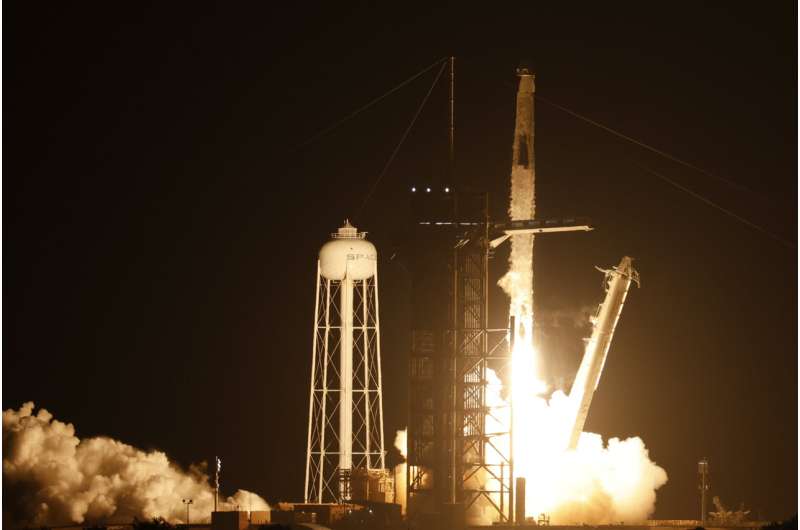
Four astronauts from four countries rocketed toward the International Space Station on Saturday.
They should reach the orbiting lab in their SpaceX capsule Sunday, replacing four astronauts living up there since March.
A NASA astronaut was joined on the predawn liftoff from Kennedy Space Center by fliers from Denmark, Japan and Russia. They clasped one another's gloved hands upon reaching orbit.
Next major X-ray mission set to launch on Monday

*Update: the launch has been rescheduled from Saturday 26 August to Monday 28 August*
The X-Ray Imaging and Spectroscopy Mission (XRISM) is ready to launch on 28 August 2023 to observe the most energetic objects and events in the cosmos. In doing so, it will unveil the evolution of the Universe and the structure of spacetime.
XRISM is a collaboration between the Japan Aerospace Exploration Agency (JAXA) and NASA, with significant participation from ESA. The launch will be streamed live in Japanese and English on JAXA’s YouTube channel.
India’s Chandrayaan-3 successfully lands on the Moon
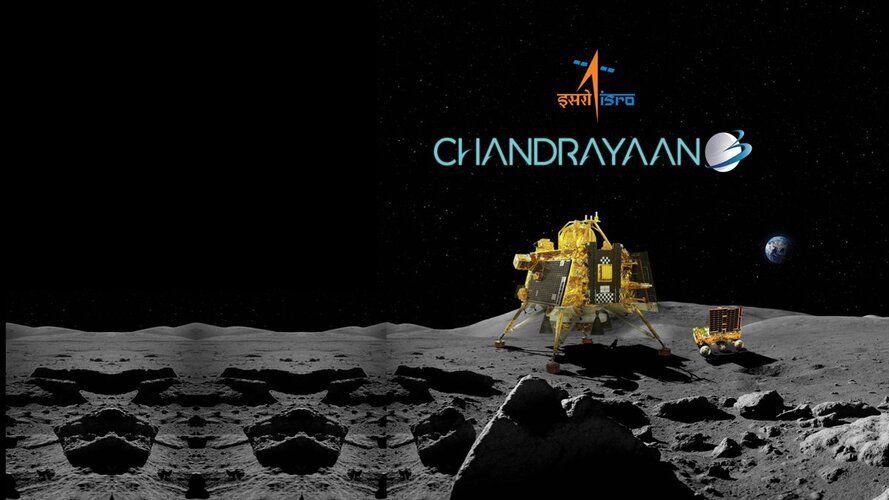
Wildfires continue to rage in Greece
 Image:
A month after fires ravaged the island of Rhodes in July 2023, more fires have ripped through Greece this week as southern Europe swelters under a late summer heatwave. This Copernicus Sentinel-2 image shows the ongoing blaze near Alexandroupoli in the Evros region of northeast Greece – close
Image:
A month after fires ravaged the island of Rhodes in July 2023, more fires have ripped through Greece this week as southern Europe swelters under a late summer heatwave. This Copernicus Sentinel-2 image shows the ongoing blaze near Alexandroupoli in the Evros region of northeast Greece – close 
